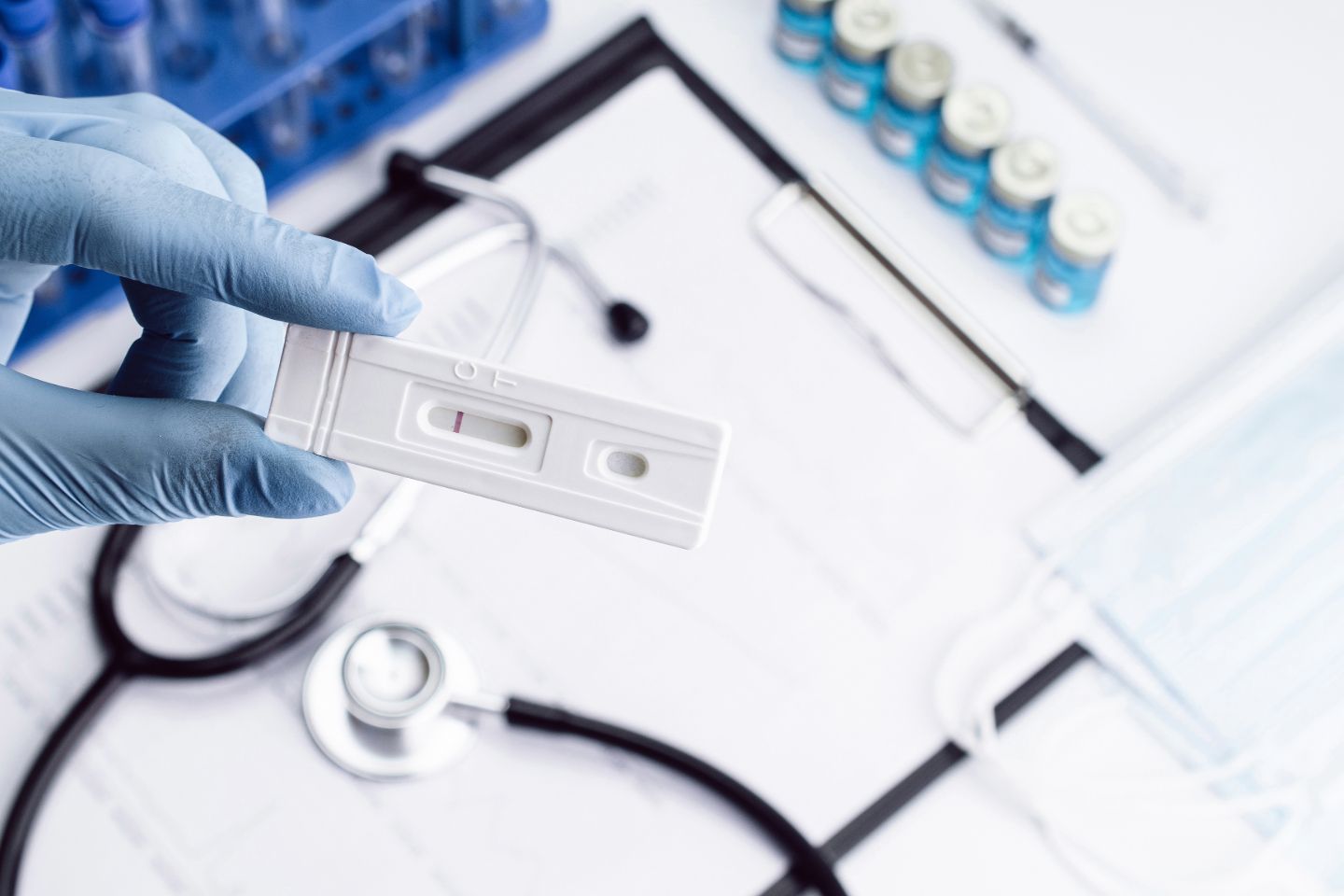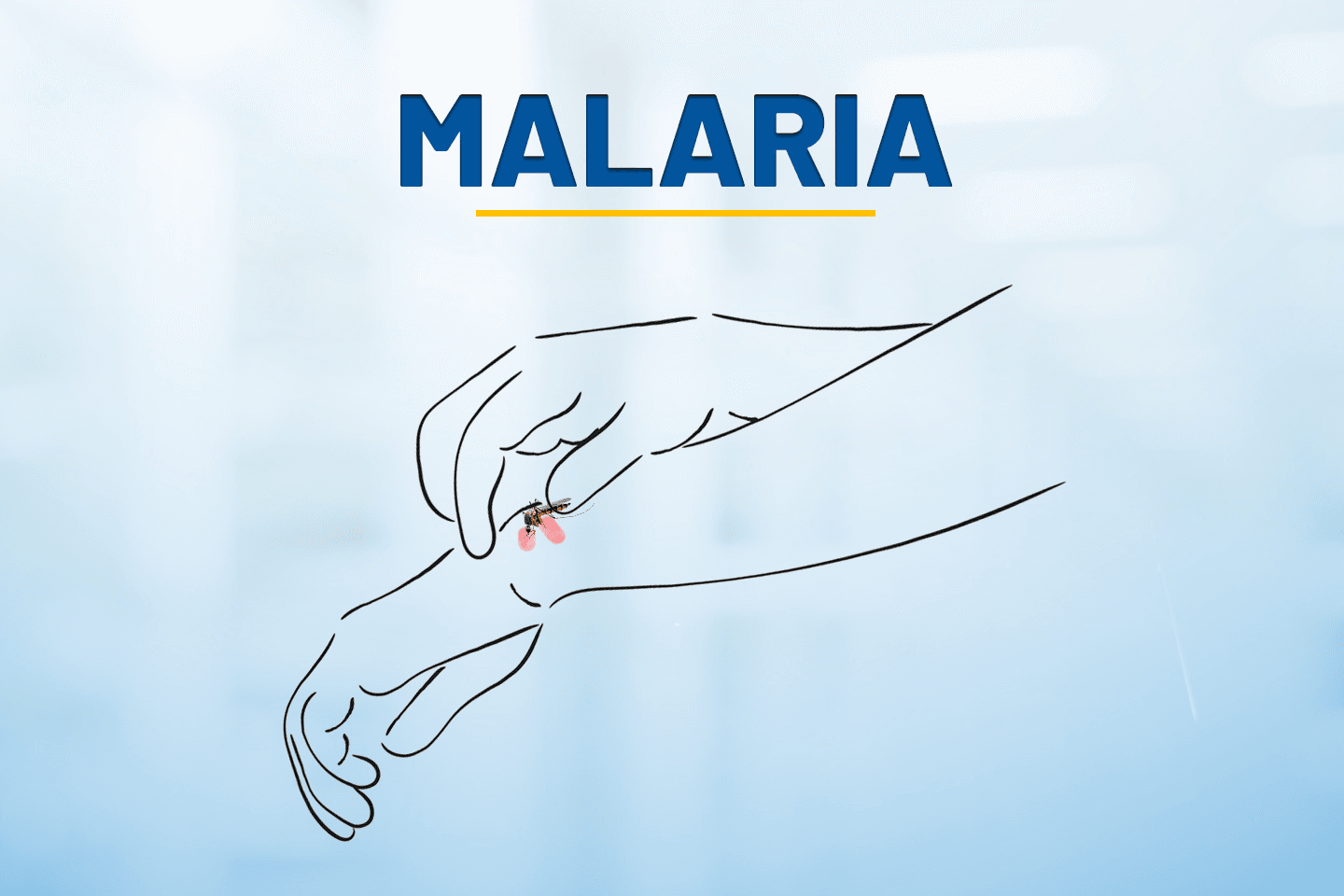
Are Rapid Test Kits Accurate? Here's How They Work to Detect Viruses
Introduction
In recent years, rapid test kits have become a go-to solution for quickly detecting viruses. They're popular because they're convenient, easy to use, and offer results in no time. But one question that always pops up is: are they really accurate? If you're wondering about that, you're not alone! In this article, we'll break down how a rapid test kit works, how accurate it really is, and clear up some of the common myths. By the end, you'll have a much clearer picture of how these tests can help in spotting viruses.
What Are Rapid Test Kits?
Rapid test kits are handy tools used to quickly diagnose infections or viruses. Unlike the traditional lab tests that can take hours or even days to give results, rapid tests deliver answers in just minutes! They typically require a small sample like saliva, blood, or a nasal swab, and the best part is that they're designed to be super easy to use. You don't always need a healthcare professional to administer them, which makes them accessible in many places, like clinics, homes, or even workplaces.[1]
These tests are especially popular for detecting viral infections like the flu or COVID-19. How do they work? Well, they focus on finding specific markers or proteins that the virus has. These markers trigger a response from your immune system, and the test detects them to identify the presence of the virus. Simple, quick, and effective!
How Do Rapid Test Kits Detect Viruses?
Rapid test kits detect viruses by spotting specific proteins or antigens that belong to the virus. These proteins are present in your body when you're infected. The test works by using special antibodies or chemicals that latch onto these antigens.[2]
For example, with a viral infection like COVID-19, the rapid test kit looks for the virus's spike protein. If the virus is present in the sample, the antibodies in the test will react with these proteins. This reaction causes a visible result, like a coloured line on a test strip or a digital signal on the screen. If the reaction happens, it means you're likely infected. If there's no reaction, the virus wasn't detected. It's a straightforward and quick way to get results!
How Accurate Are Rapid Test Kits?
One of the big questions people often have about rapid test kits is: How accurate are they? While these tests are generally considered reliable, their accuracy can vary based on a few important factors. Rapid tests are usually pretty good at detecting viral infections early on, especially if you're showing symptoms. But they may not always be as spot-on as lab tests, especially in cases where someone has no symptoms or a low viral load (meaning there are fewer viruses in the body).
The accuracy of these tests is usually measured in two main ways: sensitivity and specificity. Sensitivity tells us how well the test can pick up people who are truly infected (true positives). Specificity, on the other hand, shows how well the test can correctly identify those who are not infected (true negatives). A test with high sensitivity and specificity is more reliable, giving you a clearer picture of whether or not you're infected.
Factors That Affect Rapid Test Kit Accuracy
Several factors can affect the accuracy of a rapid test kit. Here's a quick look at what influences the results:
Timing of the Test: Rapid tests work best when used shortly after the symptoms appear or right after the infection sets in. If you test too early or too late in the infection cycle, the virus might not show up on the test.
Quality of the Sample: The accuracy of the test heavily depends on how well the sample is collected. If the sample isn't taken properly—for example, if a nasal swab doesn't pick up enough viral material—the test could give a false negative, even if you're infected.
Type of Virus: Different viruses produce different amounts of detectable antigens, which can affect how easily the test can detect them. Some viruses may be harder to identify with rapid test kits, leading to less accurate results.
Test Kit Quality: Not all rapid test kits are the same. Some kits are more reliable than others, depending on how well they're made. Always make sure the test kit you use is approved by the relevant health authorities.
User Error: Sometimes, mistakes in using the test can lead to inaccurate results. It's important to follow the instructions carefully, such as knowing the right timing, how to collect the sample, and how to store the kit properly to avoid errors.
By keeping these factors in mind, you can help ensure that your rapid test provides the most accurate results possible.
Common Myths about Rapid Test Kits
There are a lot of myths surrounding rapid test kits, and they can cause confusion. Let's clear up some of the most common ones:
Myth 1: Rapid Test Kits Are Always Accurate
While rapid tests are super convenient, they're not perfect. They might give false negatives, especially if the viral load is low or if you test too early or too late in the infection cycle. So, even though they're quick, don't assume they're foolproof.
Myth 2: A Negative Result Means You Don't Have the Virus
A negative result from a rapid test doesn't always mean you’re virus-free. If you're showing symptoms or have been in close contact with someone who's infected, it's a good idea to follow up with a lab test for confirmation.
Myth 3: Rapid Tests Can Be Used as a Standalone Diagnostic Tool
Rapid tests are helpful, but they aren't the final word. They're just one part of the process. A healthcare provider may still recommend a more detailed test, like a PCR test, to confirm the diagnosis. It's always better to double-check if you're unsure!
By keeping these myths in mind, you can avoid any confusion and get a more accurate understanding of your health.
Meriscreen HIV 1/2 WB by Meril
The Meriscreen HIV 1/2 WB is a rapid test designed to detect HIV-1 and HIV-2 antibodies in human blood. This test provides quick and reliable results, helping in the early detection of HIV infection. It is easy to use and delivers results in a short time, making it ideal for use in hospitals, clinics, and diagnostic labs.
Meriscreen HCV by Meril
The Meriscreen HCV is a rapid diagnostic test designed to detect antibodies to the Hepatitis C Virus (HCV) in human blood. This easy-to-use test provides quick and accurate results, making it a valuable tool for early diagnosis and screening. Early detection of HCV is crucial for initiating timely treatment and preventing liver complications associated with the virus.
Meriscreen HBsAg by Meril
The Meriscreen HBsAg is a rapid diagnostic test designed to detect the presence of Hepatitis B surface antigen (HBsAg) in human blood. This test provides quick and accurate results, enabling the early diagnosis of Hepatitis B infections.
Conclusion
In conclusion, rapid test kits are incredibly helpful for detecting viruses quickly, especially when time is of the essence. But they're not perfect and should be used with an understanding of their limitations. While they provide fast results, their accuracy can be influenced by factors like when you take the test, how well the sample is collected, and the type of virus you're testing for. It's also important to remember that no test is 100% accurate, and false negatives can happen.
If you think you've been exposed to a virus or are experiencing symptoms, it's always best to follow up with a healthcare provider. How a rapid test kit works is just one part of staying on top of your health, so use it with care to get the most accurate results.



